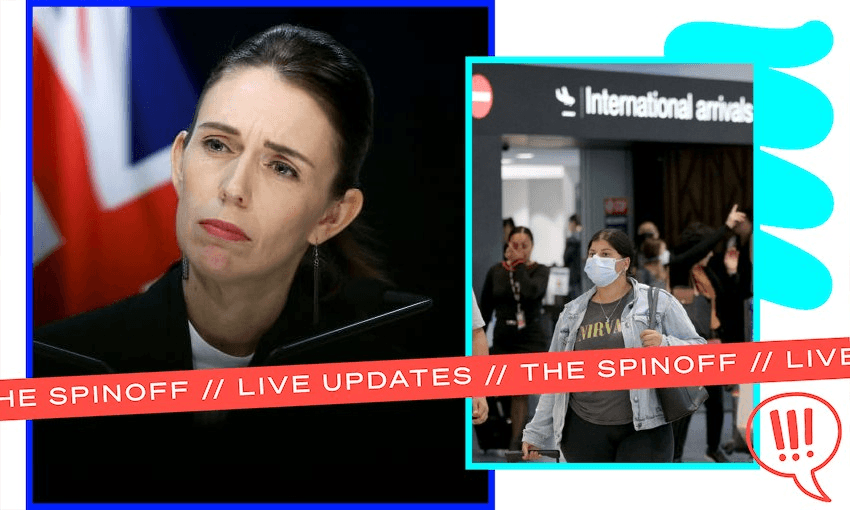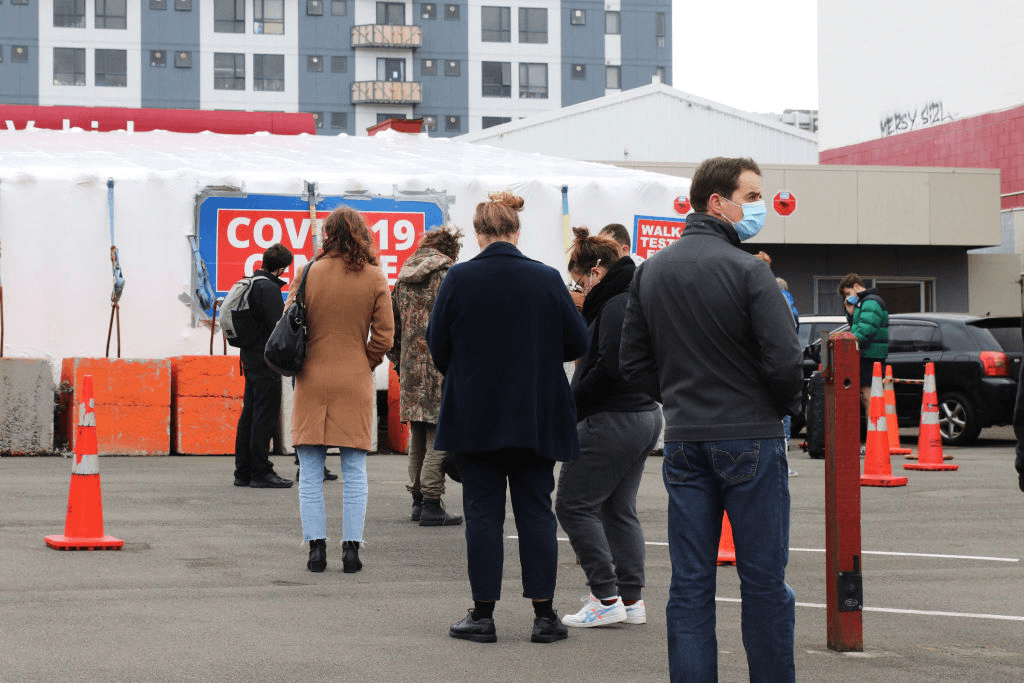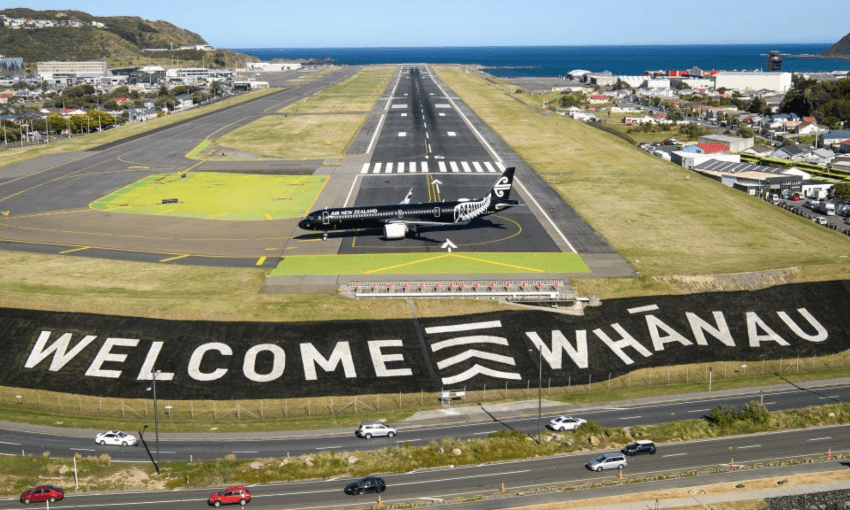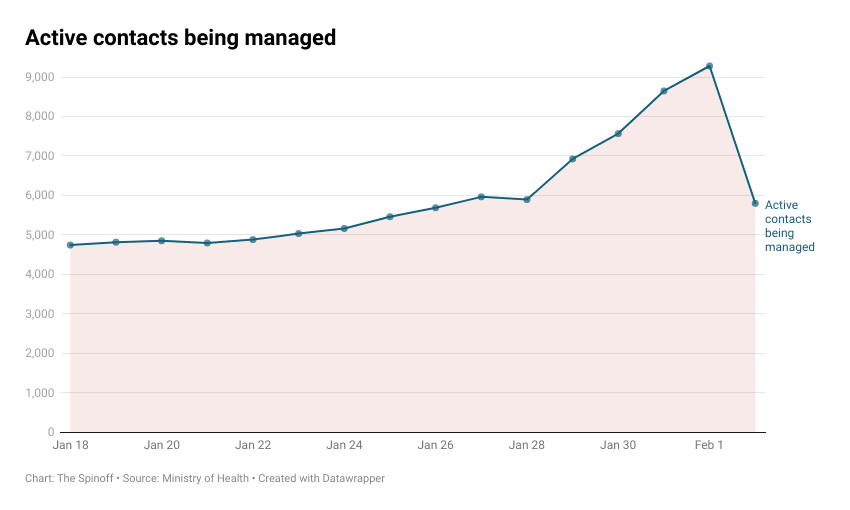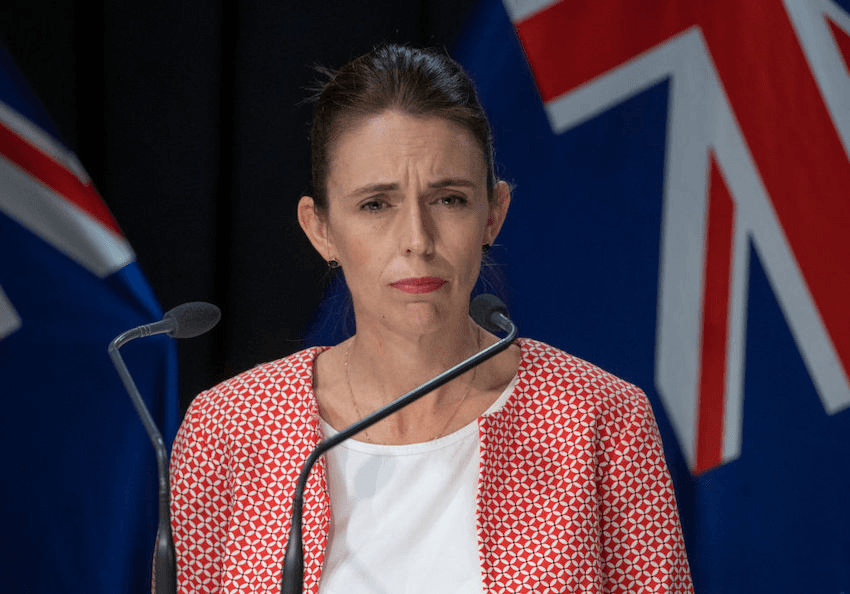There are 147 new community cases of Covid-19 today, with Auckland still the epicentre of the outbreak.
New cases have also been recorded in Northland, Waikato, Lakes, Bay of Plenty, Hawke’s Bay and Capital and Coast. All cases are being treated as the omicron variant with the Ministry of Health saying it is now the dominant strain of the virus.
Another 44 cases – also presumed to be omicron – have been detected at the border.
Hospitalisations have more than doubled since yesterday, with 13 people (up from six) now being treated for Covid-19. There is nobody in intensive care with Covid-19.
The Ministry of Health has warned travellers heading away for the upcoming Waitangi long weekend to be cautious.
“If you are going away this Waitangi weekend, please have plans in place in the event you are identified as a close contact, get Covid-19 symptoms, or find out you have Covid-19,” said the ministry. “You are likely to need to self-isolate wherever you become a close contact or test positive, so there may be extra costs involved in paying for accommodation and changing your travel plans.”
There are limited alternative accommodation options for those who are unable to safely isolate in their own homes, said the ministry. “Or, if they have travelled elsewhere, and as case numbers rise, the accommodation will be focused on those with high needs.”
Today’s case details
There are 90 cases to report in Auckland today, with the city remaining the epicentre of the community outbreak. Health officials are supporting 1,534 people in the region to isolate at home, including 568 cases.
In Northland, another 14 new cases have been confirmed, across Kerikeri, Kaitaia, and Whangārei. Of these cases, nine are linked to existing cases and investigations are underway to determine links for two cases.
“The three remaining cases reside in Northland, though were originally allocated as Auckland cases, and are being transferred for management to the Northland public health unit,” said the ministry. Of these cases, two are linked and one is yet to be connected to the outbreak.
There are 15 cases to report in the Waikato. Case investigations so far have determined most of these cases are linked to previously reported cases.
The ministry’s reporting nine new cases in the Lakes district, with eight linked to existing cases and one yet to be connected to the outbreak with investigations underway. Eight of today’s cases are in the Rotorua district and one is in the Taupō district.
Eight new cases have been confirmed in the Bay of Plenty today, with seven linked to existing cases and one yet to connected to the outbreak. Of these eight cases, five are in Tauranga, one is in the Western Bay of Plenty, and two are in the Eastern Bay of Plenty.
There are seven new cases in Hawke’s Bay. Of these cases, five are linked to existing cases and, at this stage, the remaining two are yet to be connected to the outbreak with investigations underway.
Finally, there are four new cases in the Wellington region, with three linked to existing cases and the fourth with links yet to be established. Of these four cases, two are in Wellington and two are in Porirua.
